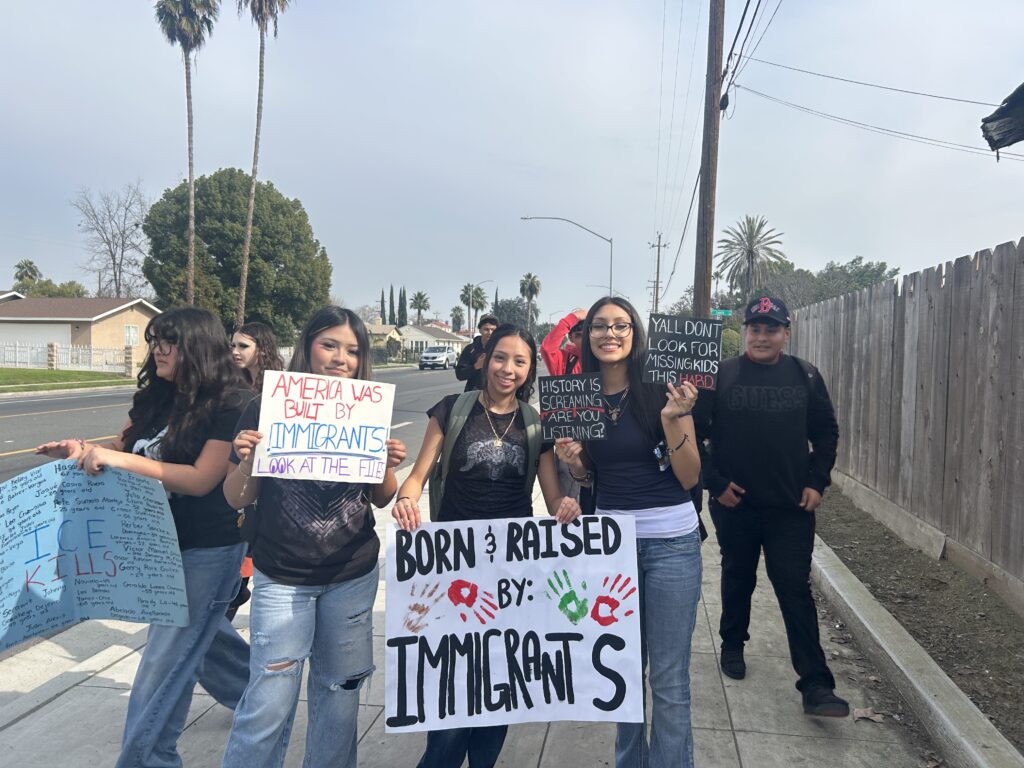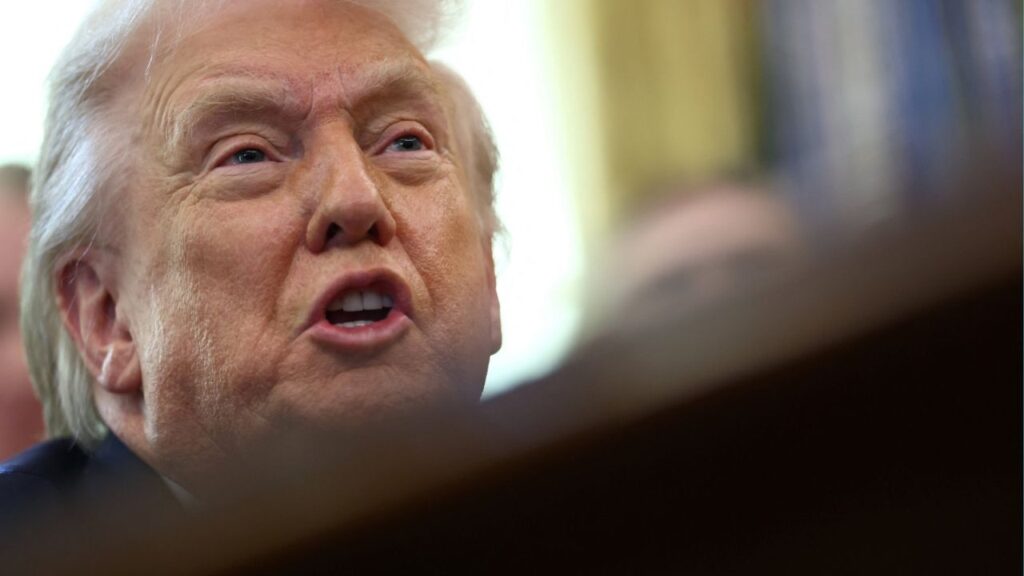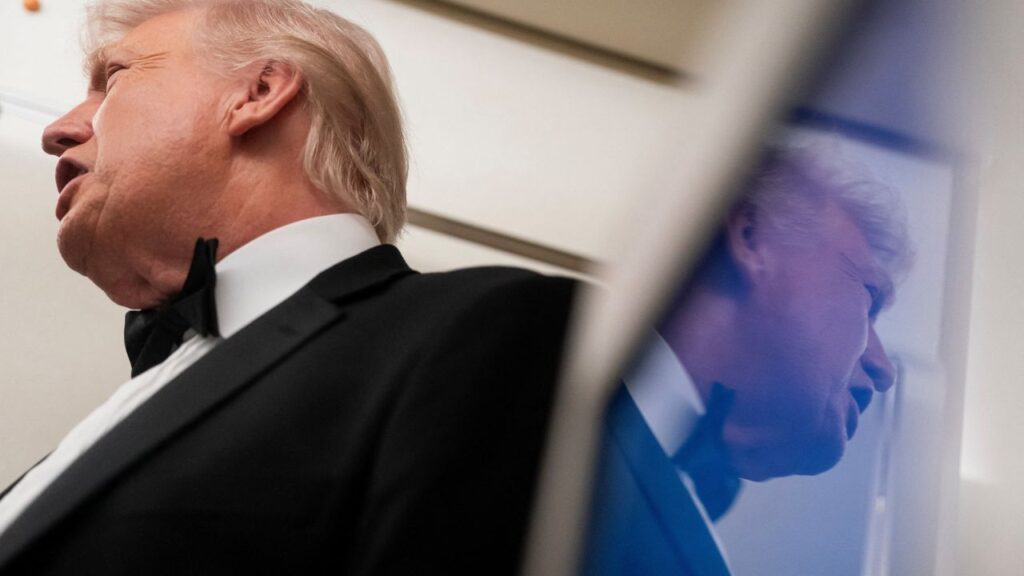Share
The city of Fresno has declared a state of emergency in response to the COVID-19 coronavirus pandemic.
Measures include the closure of bars in the city and prohibiting gatherings and events of 50 or more people.
“It is probably the biggest decision I’ve made or this council made and one of the biggest decisions in this city’s history,” Mayor Lee Brand said. “I ask everyone in Fresno to stay calm and stay informed while we navigate the unsteady waters of this crisis.
City Council President Miguel Arias mentioned the need to put politics aside for the greater good.
“No physical or political distance among the city council or the mayor will get in the way of us from taking a unified actions to protect our city,” City Council President Arias said.
Aligns With State Mandates
Restaurants may continue to provide take out service to customers.
Brand said the state is likely to place moratoriums on evictions that the city will follow.
“Nobody is going to get evicted or lose their home because of an outcome of the coronavirus,” Brand said. He also hopes the state mandate will provide relief as well for landlords, such as mortgage assistance.
Fresno’s emergency declaration does not go as far as six counties in the Bay Area, which barred non-essential travel for its residents.
“Their level of intensity and number of cases and number of monitoring is totally different than the city of Fresno,” Brand said. “Hopefully we don’t get to that stage. But, I know we are going to escalate. How much, nobody knows.”
The council also approved, 7-0, an anti-price gouging ordinance preventing the sale of products for 10% more than retail price. Specific details were not released.
Measure Gives Mayor Broad Authority
The emergency declaration gives Brand broader authority to take actions to slow the spread of the coronavirus. To date, two COVID-19 cases have been confirmed in Fresno County. Local health officials expect the number of cases to increase.
Under the measure, the city will also implement a 30 day moratorium on shutting off water service due to unpaid bills.
Brand said the measure is primarily aimed, at this time, at ensuring the city has access to state and federal assistance to “to help the city and its residents respond to the impacts of the various measures that will be taken to respond to and slow down the spread of the coronavirus.”
Other steps the city has taken to address the coronavirus pandemic include:
— Closure of the Fresno Chaffee Zoo.
— Closure of the Fresno Convention Center, Saroyan Theatre and Selland Arena. All programs and events at those venues have been cancelled.
— Closure of the city’s community centers and weekend recreation programs. On-site senior meals have been replaced by home deliveries.
— City parks remain open.
— City Hall remains open, though officials recommend residents utilize on-line options for obtaining information or conducting business when possible.
— Frequent cleaning and sanitizing of city-owned properties, including City Hall, buses and the airport.
Seniors Sent Home, Brand to Skip Non-Essential Events
The city has also sent home approximately 80 employees 65 or older as well as other workers with vulnerable health, with pay.
Brand, 70, said he would alter his schedule, skipping non-essential events and working from home as much as he can.
“This job, particular in the coming days, is going to be seven days a week. I want to set an example with the governor and work out of home to minimize exposure. But, I still intend to be actively engaged,” Brand said.
Enforcing Bar Closures
Police Chief Andy Hall said his department and city code enforcement will ask for voluntarily compliance from bar owners to remain closed.
“If they refuse, there will be a citation or arrest,” Hall said.
He added that he will put additional offers out on the street.
Esparza Wants More Restrictions
After the meeting, Councilman Nelson Esparza expressed a desire for deeper restrictions for public gatherings.
Instead of 50, he is calling for 10.
Esparza based his opinion on the science of spreading disease.
“We should be forward looking with this,” Esparza said. “Maybe I sound like an alarmist today. But I think in five days, folks might be thinking differently as this situation escalates.”
Council to Debate Delay to Employee Security Screenings
At Thursday’s regularly scheduled meeting, the council will discuss delaying the implementation of security screening procedures for employees, scheduled to start March 26. Esparza — who is proposing the delay along with City Manager Wilma Quan — is concerned about employees stuck close together in a long line while waiting to be screened.
“We have to take all precautions. We must protect all human life, including our employees, from COVID-19,” Esparza said.
The general public has been required to go through security screening since Jan. 2.
Esparza shared his observation that the public screening line has moved relatively smoothly with few long lines or people waiting close together.
Arias said the council couldn’t discuss specifics at today’s meeting because of state open meeting laws, but it is likely council will discuss extending a screening moratorium to the general public.
Different Procedure for Special Meeting
Five of the seven councilmembers were present in chambers for Monday’s meeting. Esmeralda Soria phoned in because she was out of town; Paul Caprioglio called in because of health concerns.
Councilmembers did not take their usual positions on the dais, in order to sit further apart.
In another unusual step, the council used its chamber for Monday’s closed session because for the extra space it provides. Normally, the council holds its closed sessions in a conference room located behind the council chamber.
Watch Video
Click here for video of Mayor Lee Brand, City Council President Miguel Arias and others answering questions on the emergency ordinance.
RELATED TOPICS:
Categories

Teen Arrested at Visalia Mall After Firearm Report

Tumblr Goes Down for Thousands, Downdetector Reports
















